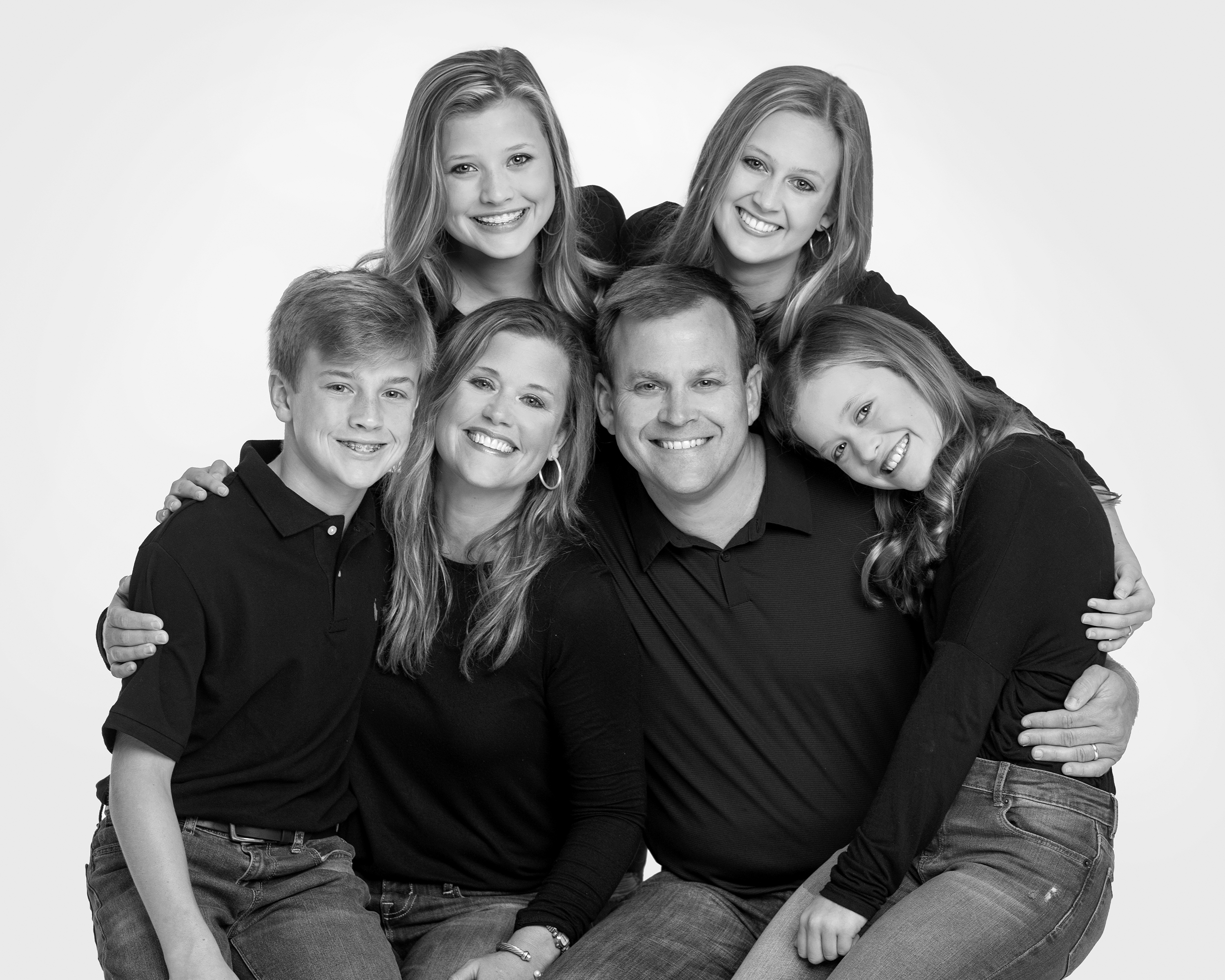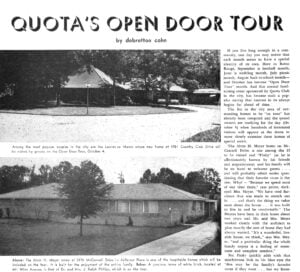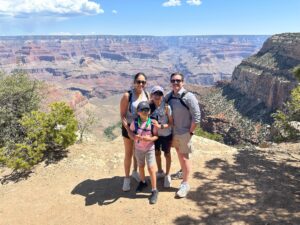
2020 Vision: Jason Greene’s battle with Covid-19
“It felt like I was climbing a mountain. There is no trail. There is no map. No flag at the top. And there is no oxygen,” Jason Greene says, then chuckles at the analogy. He leans into the video conferencing screen and becomes serious. “Literally. There is no oxygen.”
Greene is recounting his harrowing 20 days of battling Covid-19 without relief. Night sweats, body aches, piercing headaches, coughing, gastrointestinal issues and exhaustion. A battle that, at times, he thought he might lose. This is hard to fathom given that this 43-year-old co-owner of Peak Physical Therapy and Spectrum Fitness is healthy, young and active.
“Coronavirus knocked me down so hard,” says Greene. “It was sobering to consider I had a virus that people are dying of. But honestly, I can see why they’re dying.”
Greene first felt symptoms on the evening of March 20 with chills and a low-grade fever. Up until that day, he and his wife Leigh (much like the rest of the country) saw the stay-at-home order as a minor nuisance and a disappointment for their four children, especially for their oldest daughter who was due to graduate from U-High this spring. But in just two days, Greene was hardly able to get out of bed. Flu and strep tests came back negative, so he was administered the Covid-19 test—a test which ultimately rendered positive results but didn’t return until over a week later. No matter. It was clear to doctors that Greene had the virus. In addition, he’d contracted pneumonia. By the end of the first week, he was admitted to the ER at Baton Rouge General to receive oxygen for respiratory issues as well as fluids for dehydration.
“I’ll never forget this: In the ER they told me that they were getting me stronger to get me out of there,” says Greene. “That I’d gone over the first hill, and they were getting me ready for the second hill of the virus. I thought, ‘Another hill? I can’t do this again.’ Little did I know that the second hill was a mountain.”
The mountain of the second week became almost too much for Greene to bear. His fatigue was so great that 30 minutes sitting in a chair would cause him to be bed bound for two hours. The seemingly endless nights were filled with pain, and aches, and coughing and sweats and more. At 6 p.m. each evening, he started mentally preparing to make it until dawn, resolute in his conviction to go to battle. But he admitted that his fighting alone wouldn’t be enough.
“There were a number of times at night that I wasn’t completely sure I would make it through. These thoughts were real: ‘Am I ready?’ ‘Is this it?’” recounts Greene. “It changed me. I wasn’t scared. I was just tired.”
Greene says that the sense of exhaustion—utter exhaustion—would not relent. Thankfully, neither did the people praying for him, emailing him and texting him. Medications were picked up, meals were delivered, and prayer groups lined the street outside of the Greenes’ house to pray. Members of their church even sang on their front lawn.
“We experienced, firsthand, the power of God,” says Greene, who was so humbled to be on the receiving end of prayers and compassionate acts. “People in other states were even praying. I know my body was fighting, but my spirit was safe.”
During the middle of his second week with the virus, when he was at his worst, Greene was given the drug hydroxychloroquine plus two antibiotics as well as oxygen to administer at home. The oxygen alone, he says, was a lifesaver. Little by little, day by day, Greene’s symptoms began to lesson and ultimately dissipate. He was able to sit for longer periods of time. He regained his sense of taste and of smell. He was able to go outside and feel the spring sun on his face. He felt hope. He felt alive again.
“I am still processing so much of this experience,” says Greene, less than two weeks out from his recovery and still on the mend. “But I know this will change me. I feel such a kindred spirit to people I don’t even know, others with the virus. I ache for those still suffering. There is a tapestry that my life is on now. There will still be challenges in my future—that won’t disappear. But I will see the tapestry of my life differently when I recall what I’ve been through. I will be looking with a new lens.”









